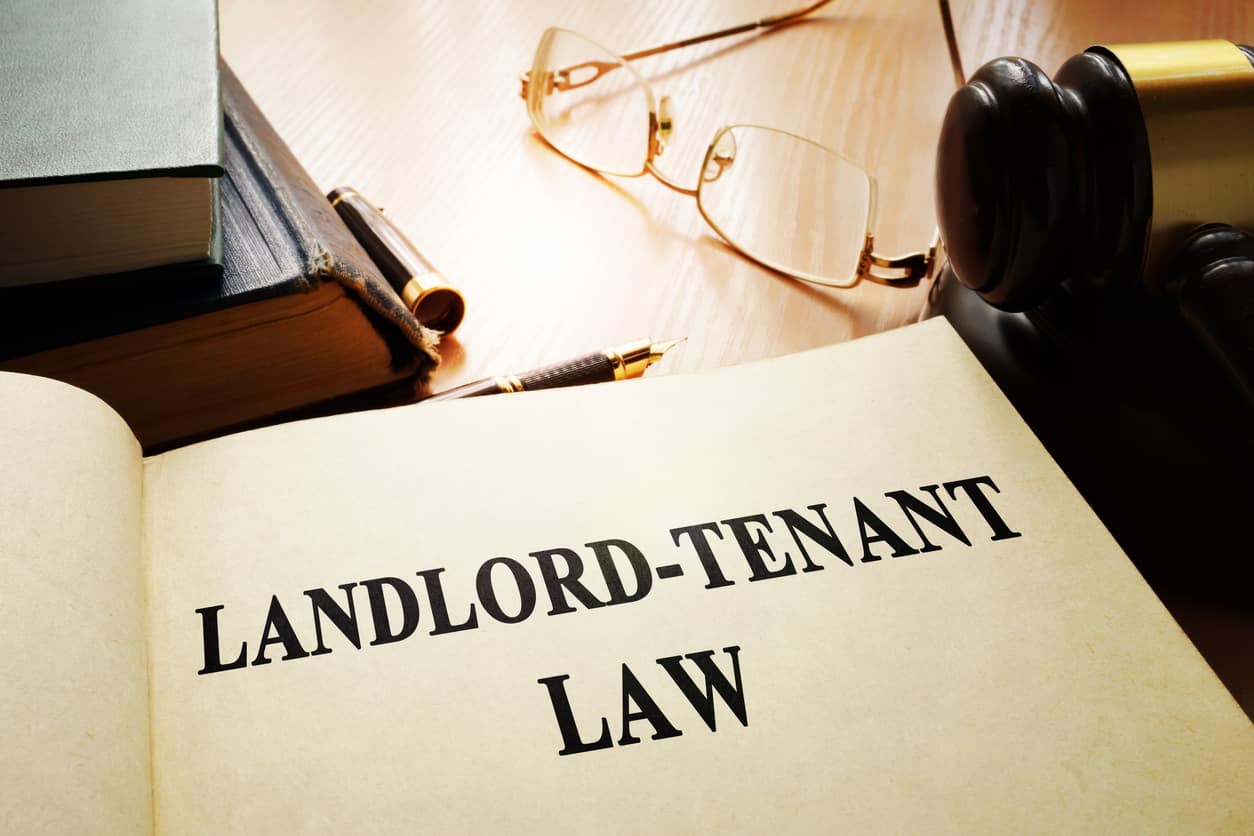There has been a noticeable uptick in requests for information regarding how COVID-19 has been affecting Landlord-Tenant law in Pennsylvania. There are three barriers currently blocking evictions. This article will discuss each, with the implications and allowances associated therewith.
Federal Ban under the CARES Act:
Pursuant to Section 4024 of the CARES Act, there was put in place a 120 day moratorium on evictions the effective date of the Act ( ) which involve properties which (1) participated in a covered housing program under the Violence Against Women Act of 1994, (2) participated in the rural housing voucher program or (3) have a federally backed mortgage loan. This ban only applies to evictions based on nonpayment default and prohibits any fees or penalties associated with this failure to pay rent. If you are a landlord and your property fits in any of these categories, it is highly advisable to seek legal guidance if you anticipate seeking an eviction in the near future.
Pennsylvania Supreme Court Order:
The Pennsylvania Supreme Court issued an order staying all evictions until April 3, 2020, which was later extended until April 30, 2020. This ban effectively stops any eviction proceeding from being filed with the courts and halts all activity on evictions already filed with the courts. This does not prohibit the initial ground work from proceeding by landlords to prepare for an eviction, including providing default notices and notices to quit. It also does not prevent the assessment of late fees. This barrier effects the most landlords in our area.
Local Court Orders:
There have also been issued Orders by local courts barring evictions as well. These are generally worded similarly to the Pennsylvania Supreme Court Order and have the same effect. If you cannot find these Orders yourself, local counsel will have a copy of these or you can call the magistrate’s office (as they remain open at certain times during the shutdown).
So where does that leave landlords? Basically, if you have a property included under the CARES Act, you should seek counsel immediately. If not, you can do all of the legwork to prepare your property and tenant for an eviction but cannot physically file for the eviction until the bans discussed above go out of effect. However, we are in an unprecedented situation. While judges are not likely to be understanding of tenants who continue to work, unabated, and decide not to pay rent, those same judges will likely ask if the landlord has taken steps to mitigate their losses by asking for loan extensions. Many lenders are willing to modify their existing loan terms during this crisis and if that can be done and was not, landlords may not like the outcomes of their suits to remove tenants for nonpayment of rents during the pandemic.
One thing is clear through COVID-19 and the legal processes. You can Count on Mooney. Our firm is operating, filing court matters, and attending court events. Courts are operating in various capacities. During COVID-19, legal problems have not stopped. Neither has Mooney Law. Call today for an absolutely FREE PHONE CONSULTATION. Call us at 833-MOONEYLAW or 717-200-HELP. You can also email us at info@mooney4law.com.


